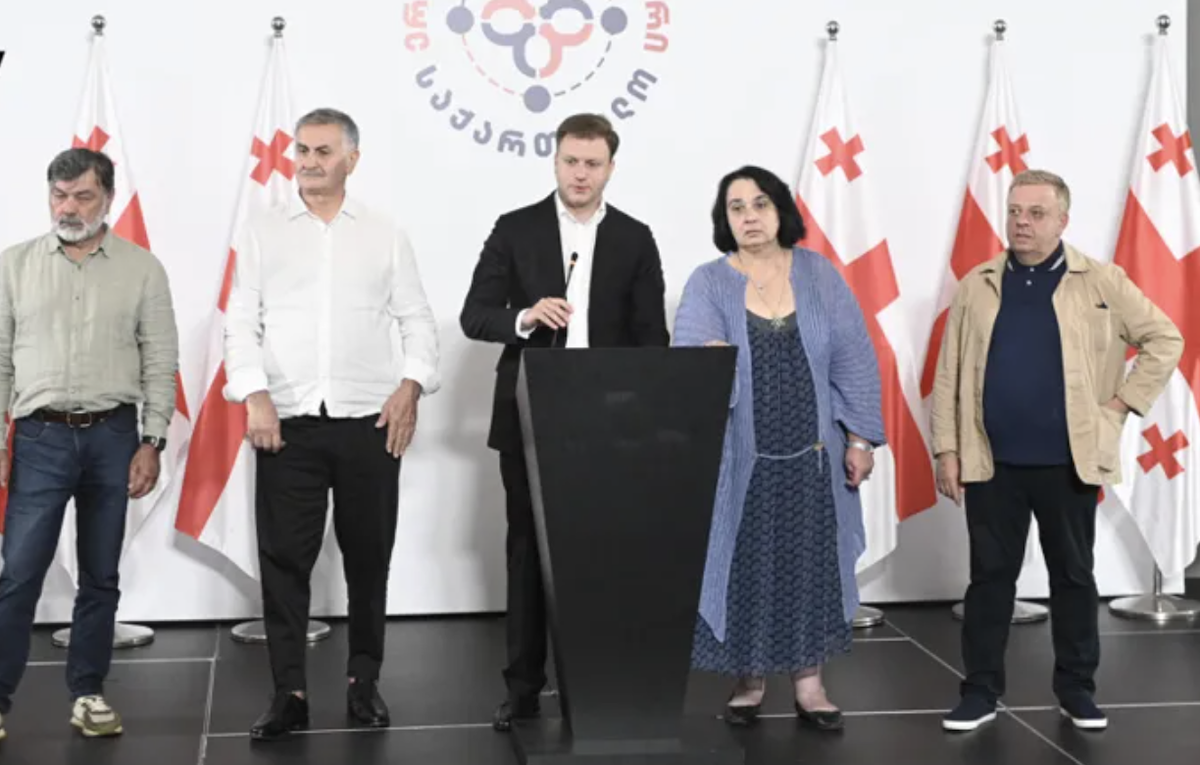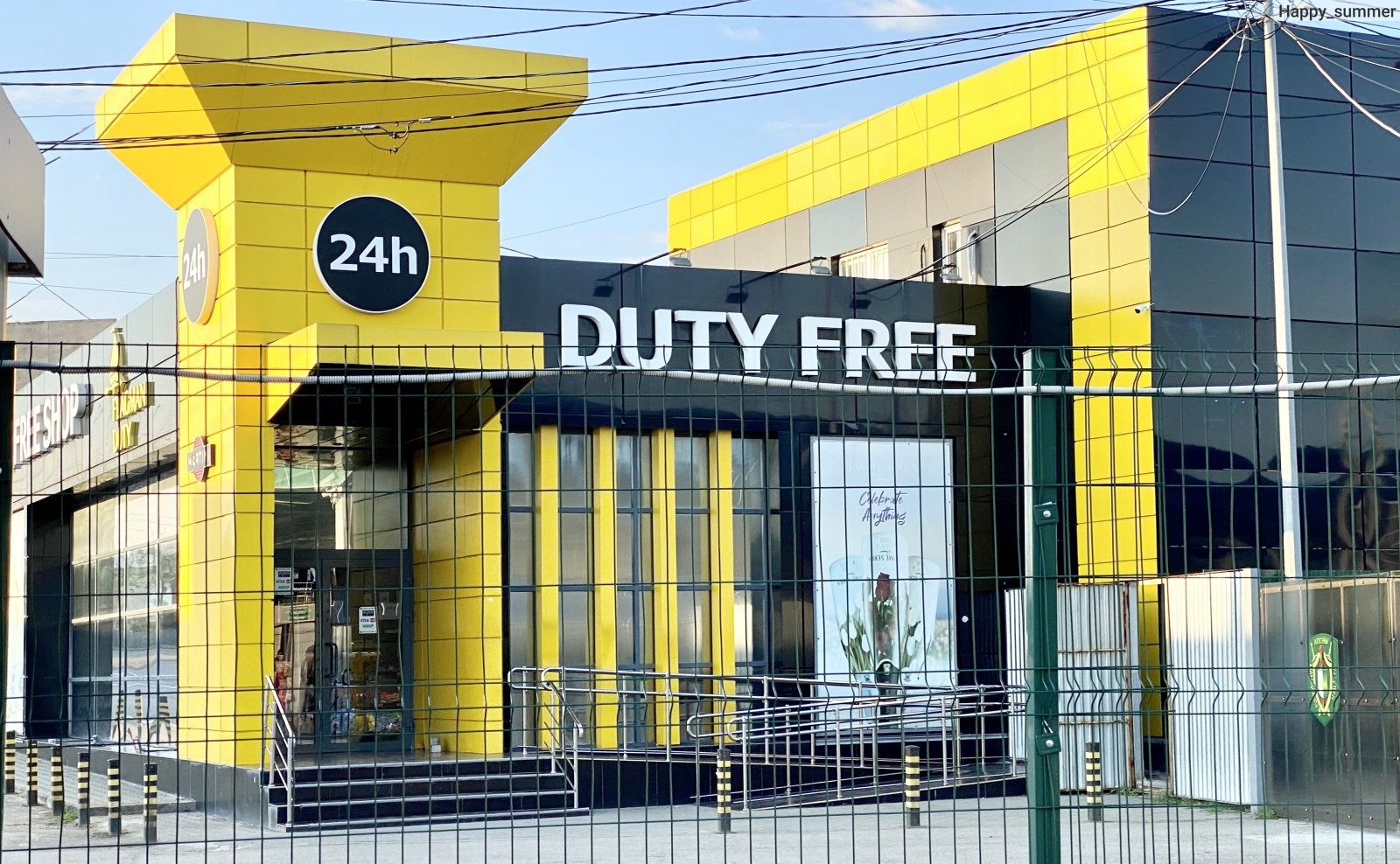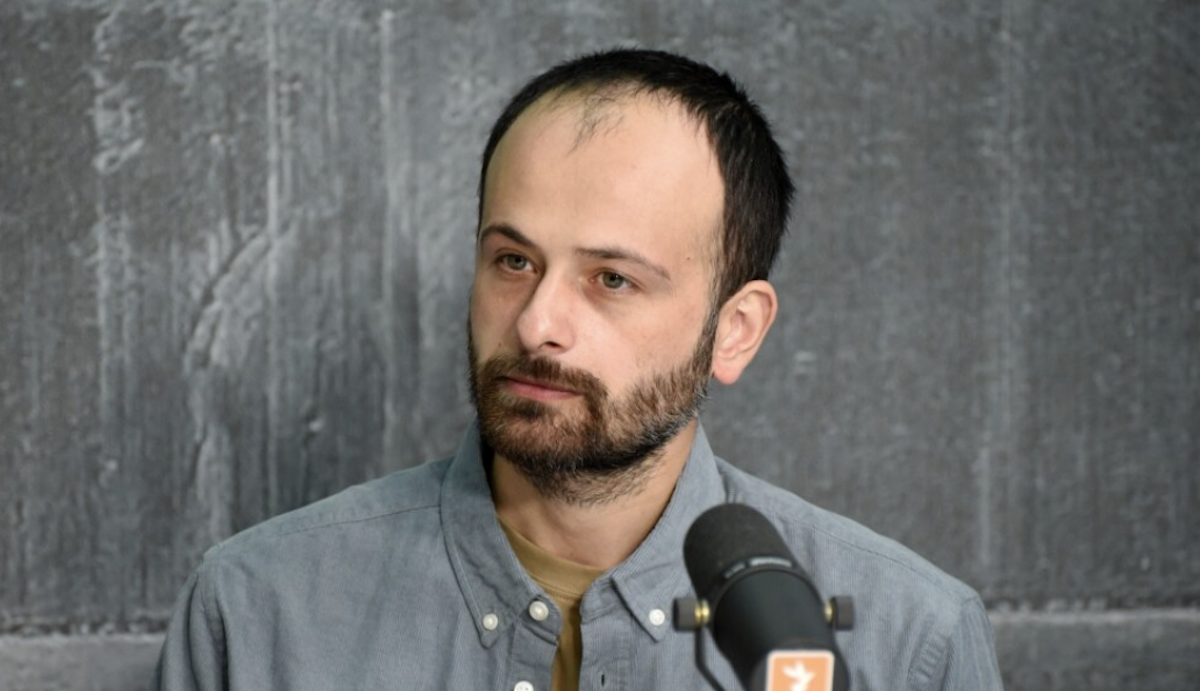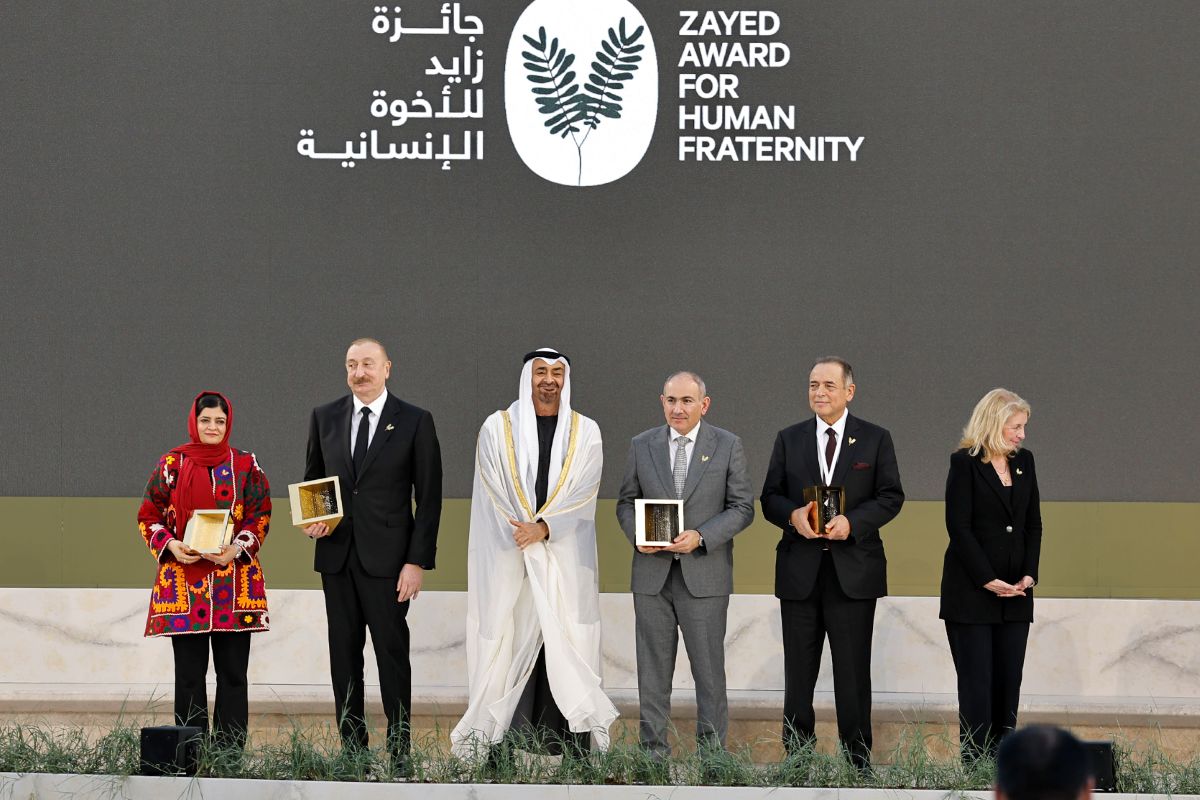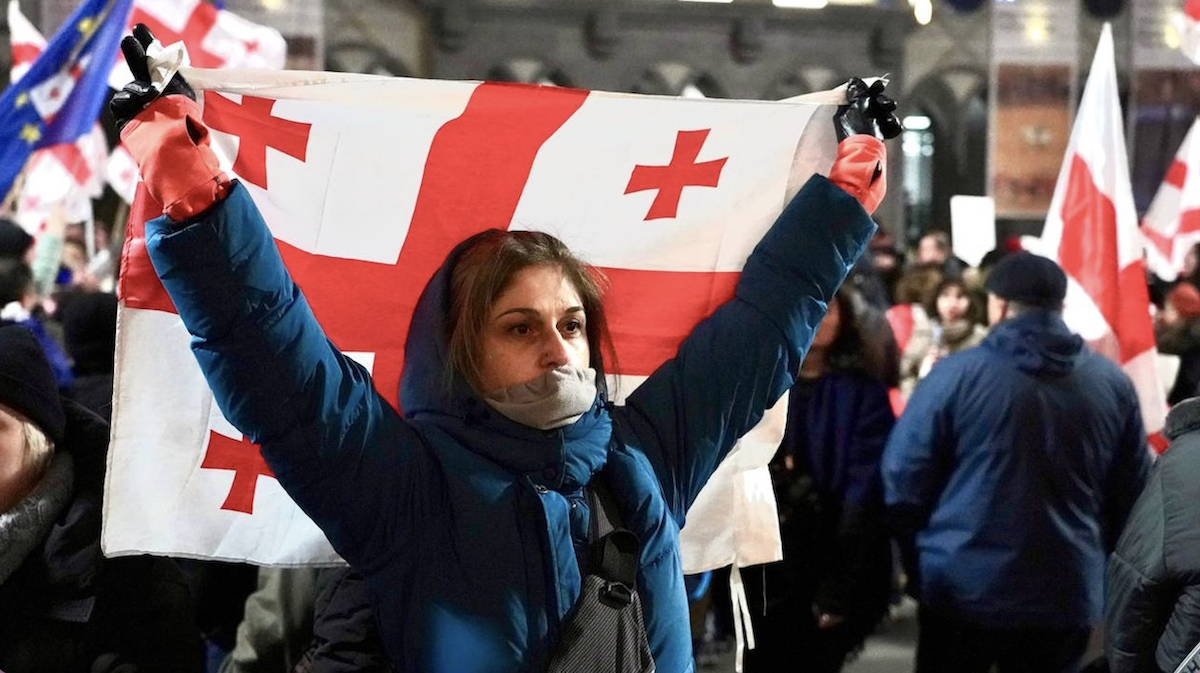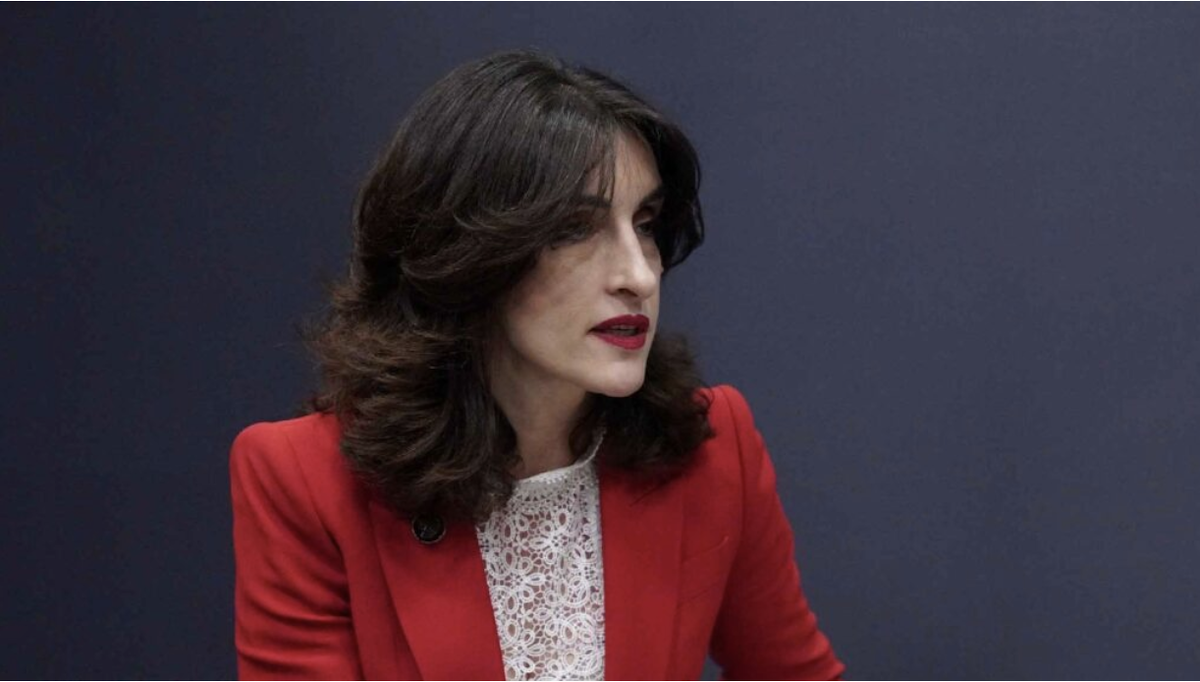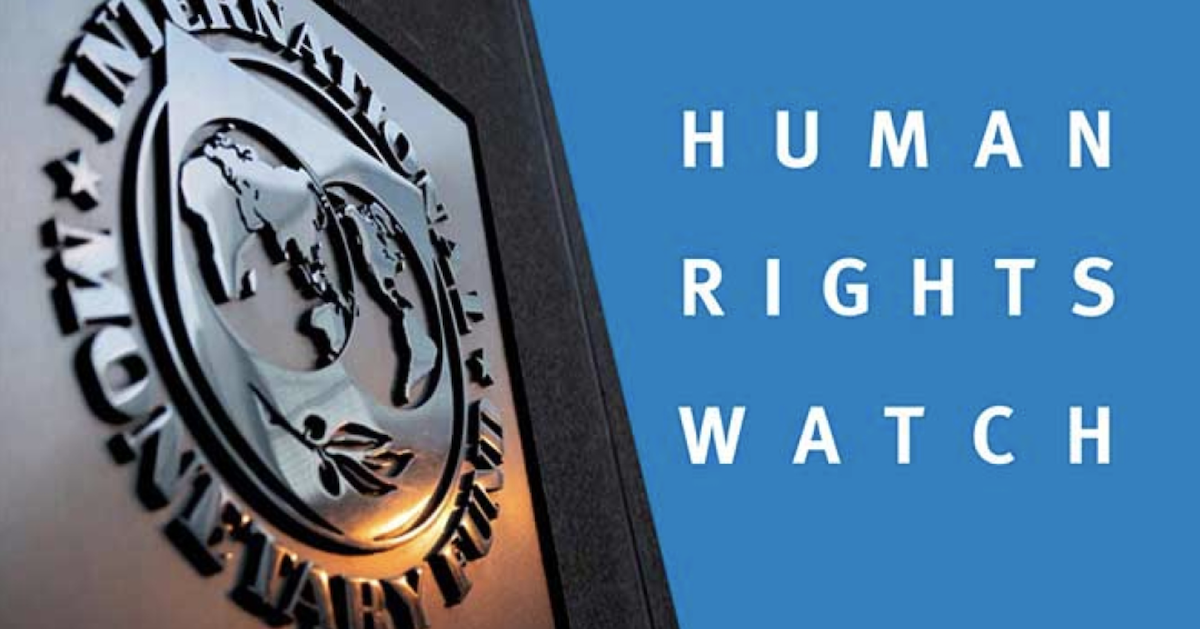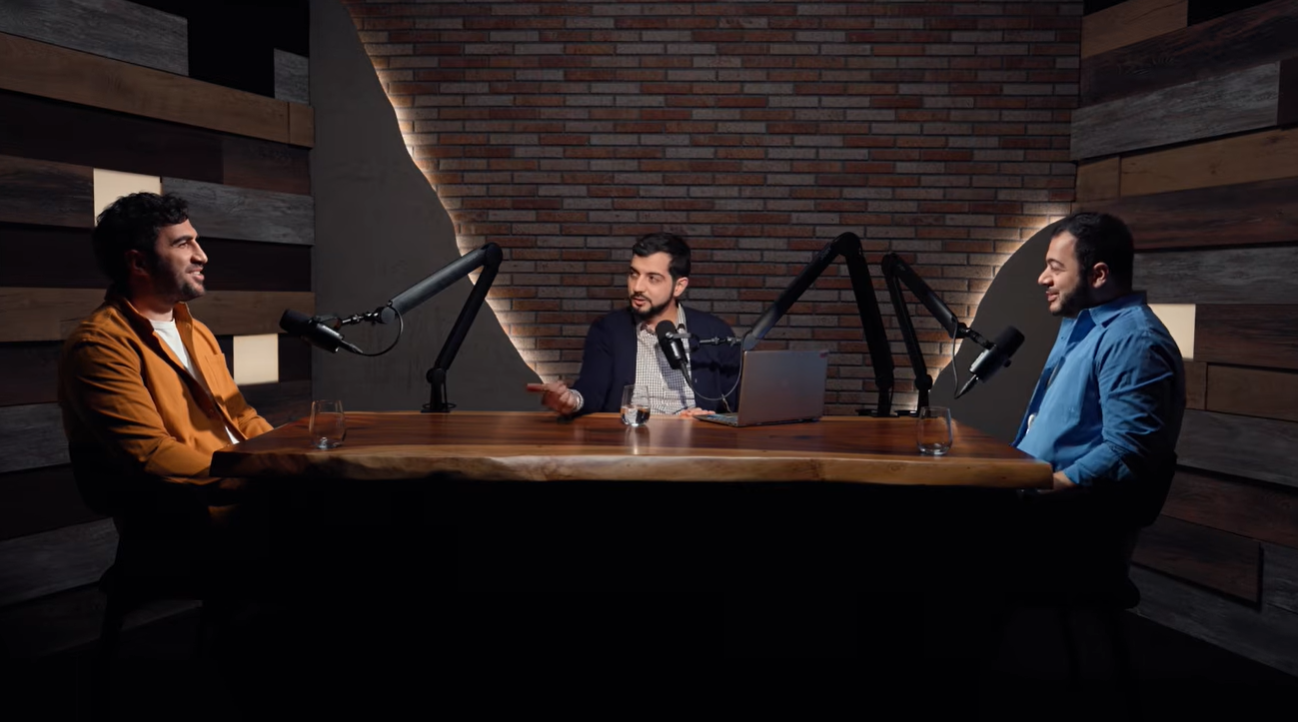‘Creation of a Russian military base in Karabakh will strengthen security’ – Adviser to NK President
The deployment of a Russian military base in Nagorno-Karabakh would serve to strengthen security and stability on the territory of the unrecognized republic in the long term, David Babayan, adviser to the NKR president on foreign policy told RIA Novosti.
He also spoke about the November 10 truce, which he called “the Brest Peace, even worse”. During the interview, Babayan also spoke about the situation in Nagorno Karabakh and the stages of the proposed restoration of the region.
- Putin calls on countries of CSTO military bloc to support Armenian PM
- Russian peacekeepers set up field hospital in Stepanakert
On the Russian military base
“Russia has very powerful geopolitical potential. But what if Turkey starts pushing Azerbaijan towards aggression? And if the militants leave Turkey’s subordination and decide to do something here? In this case, they may deliberately try to strike a blow against the image of Russia, not to mention put us in a very difficult position in terms of security.”
The NK President’s adviser says that the deployment of a Russian military base in Karabakh would be an ‘appropriate’ step, and “it would greatly enhance security and stability here, and in the long term.”
On the Karabakh truces
The trilateral agreement on Nagorno-Karabakh, within the framework of which Armenia transferred regions adjacent to the unrecognized republic to Azerbaijan, is a peace on unfavorable terms, David Babayan believes:
“This agreement has become very difficult, difficult for us. It’s like the Peace of Brest-Litovsk, even worse. However, we must understand: for what happened, first of all, we ourselves are to blame, and not some other forces. I do not even blame Turkey or Azerbaijan, because, as I have often said, they are the most honest enemies. They never hid their true intentions. They always said that their main goal is Stepanakert, Shushi and so on.”
Babayan says the entire responsibility for the current situation lies with the Armenian side:
“We did not lose to Azerbaijan or Turkey, we lost to ourselves. We must always take this into account. We failed to figure out the strategic nature of the new war. But this is one of the most important prerequisites for conducting a defense policy. The war was mostly non-contact, most of our losses were non-contact, from drones.”
About the fate of the airport in Stepanakert
The presidential adviser also commented on the situation with the airport in Stepanakert.
According to him, the issue of opening air communication, as one of the steps to unblock communications, is indicated in the trilateral agreement on Karabakh between the leaders of Armenia, Russia and Azerbaijan:
“Naturally, the Russian side will [oversee] it. I think it will be operational in the near future. This airport will be multifunctional: both passenger flights and economic and cargo flights will be carried out here. Air communication will become an important aspect of the NKR economic recovery”.
On the situation in Karabakh
David Babayan spoke about the processes of the restoration of the region, which is still “at the very early stage”. According to him, now the main focus is on restoring infrastructure: supplying electricity, gas, access to the Internet:
“The Internet, for example, is now only available in a few areas. We have already managed to completely restore the energy and water supply of the capital. Moreover, I would like to note that throughout the entire war we never had any interruptions in water supply. As for gas supply, it was deliberately suspended in a number of regions. This made it possible to save a lot of lives in the event of shells hitting residential buildings. If this had not been done, the consequences would have been dire.”
While in the capital of Nagorno-Karabakh the water, electricity and gas supply have been fully restored, then “in the regions the situation is a little different”:
“Some regional centers have suffered much more from the shelling, and it will take much longer to establish the supply of natural gas. Houses, roads, communications were destroyed. The same applies to many villages.”
Russian peacekeepers are actively helping in the recovery process.
“In fact, they carry out a unique mission that can be divided into two directions. The first is military-political, that is, maintaining peace and stability, preventing the outbreak of a new war. The second is social and economic assistance”.










